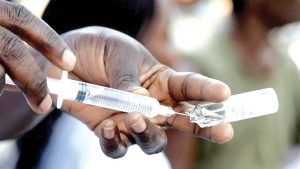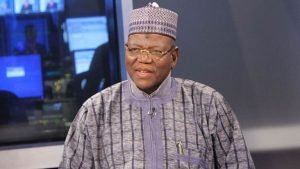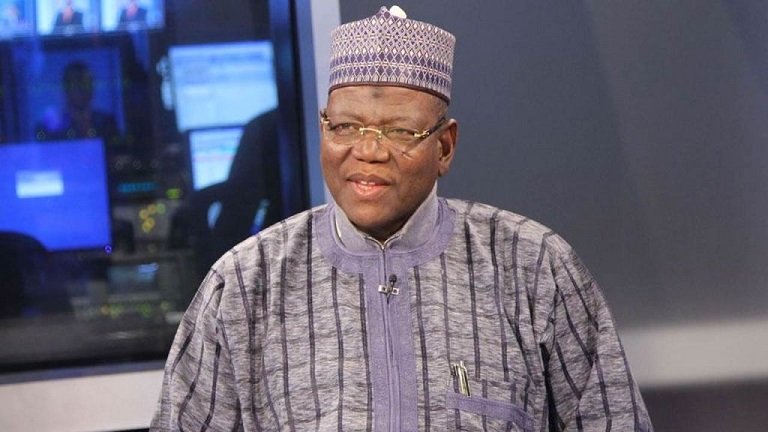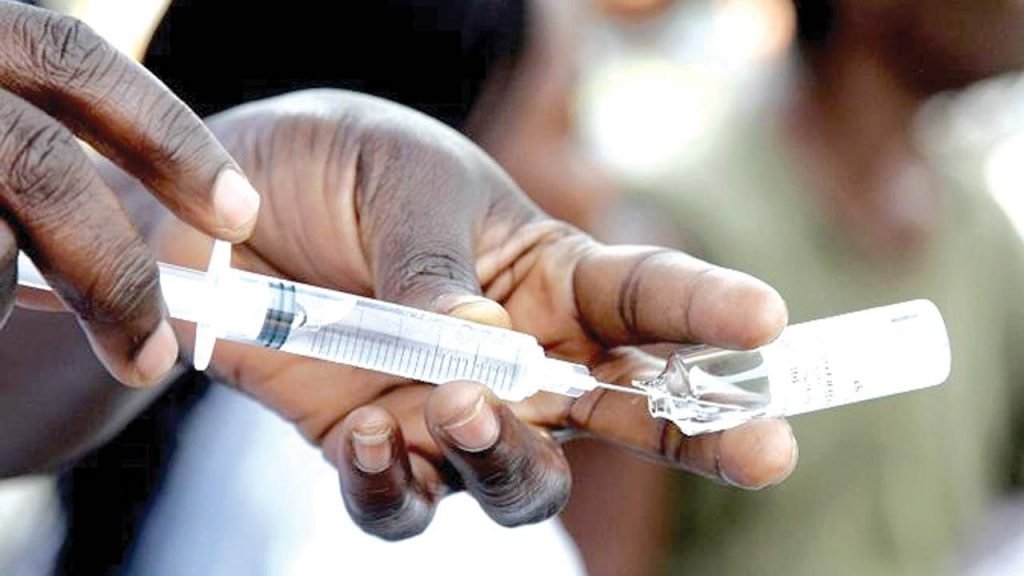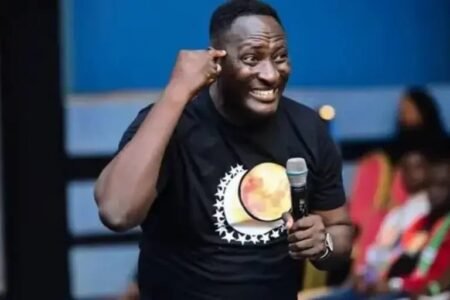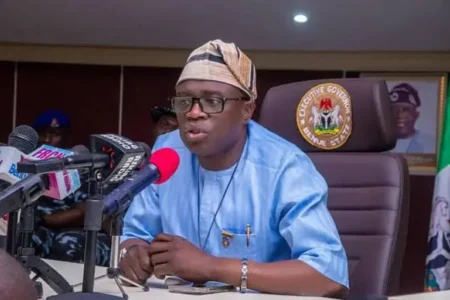The Presidency has issued a stern rebuttal to recent comments made by former Jigawa State Governor, Alhaji Sule Lamido, in which he accused President Bola Tinubu of supporting the annulment of the June 12, 1993, presidential election.
In a strongly worded statement signed by Bayo Onanuga, Special Adviser to the President on Information and Strategy, the Presidency described Lamido’s comments as false and an attempt to distort historical facts.
The statement refuted Lamido’s claim that Tinubu only rose to prominence after the formation of the National Democratic Coalition (NADECO) and that his mother, Alhaja Abibatu Mogaji, mobilised support for the annulment.
“These allegations are patently false,” the statement read. “Alhaja Mogaji never mobilised market women to support the unjust annulment. Had she done so, she would have lost her position as market leader in Lagos.”
It further alleged that Lamido, as Secretary of the Social Democratic Party (SDP), failed to stand up to the military following the annulment, alongside then party chairman, Tony Anenih.
“To their eternal shame, Lamido and Anenih teamed up with the defeated National Republican Convention to deny Abiola his mandate,” the statement read.
In contrast, the Presidency highlighted Tinubu’s early resistance to the annulment, noting his actions while serving as a senator.
“We have a situation that suggests that the abortion of the June 12 election is another coup d’etat,” Senator Tinubu was quoted as saying during a Senate debate on August 19, 1993. “My question is, when are we going to stop tolerating injustices, coup d’etat and abuse by the people on whom we invested so much resources—the public funds of this country?… Yes, it is true that we have a crisis, but for every action, there must be a reaction. This is a self-inflicted crisis because, without the abortion or annulment of the June 12 election, there would be no crisis like this. We have a government that made the law and abused its law. Therefore, the present military administration, by virtue of abrogation and violation of its own decree, has committed a crime.”
According to the statement, Tinubu maintained his stand even after General Sani Abacha’s November 17, 1993 coup, when he and several senators reconvened in Lagos to resist the military, leading to his arrest and detention at Alagbon.
It also credited Tinubu with financially supporting pro-democracy protests, including the blockade of the Third Mainland Bridge, while noting that “agents of the junta bombed his home in Balarabe Musa Crescent, Victoria Island.”
The Presidency also chronicled Tinubu’s role in the formation and support of NADECO and Professor Wole Soyinka’s NALICON, insisting that “many NADECO leaders and journalists in exile and at home openly admitted that Tinubu sustained them and provided them with funds for the struggle.”
“It is well-known that Tinubu played a leading role in the agitation against the June 12 annulment,” the statement added. “NADECO provided a platform to channel the struggle. Hitherto, all the resistance was left to civil rights groups, journalists, and a section of labour, such as NUPENG.”
The statement concluded by questioning Lamido’s motive, describing him as a member of the “Coalition of the Disgruntled” and hinting that envy might be behind his comments.
“We do not want to believe that Alhaji Lamido suffers from what psychologists call tall poppy syndrome. However, the conclusion is inevitable as it appears that Lamido is envious of Tinubu’s democratic credentials.”
The Presidency called on Lamido to “check his facts before going on television to spread falsehoods,” asserting that “revisionism does not serve the cause of truth or our nation’s interests.”
